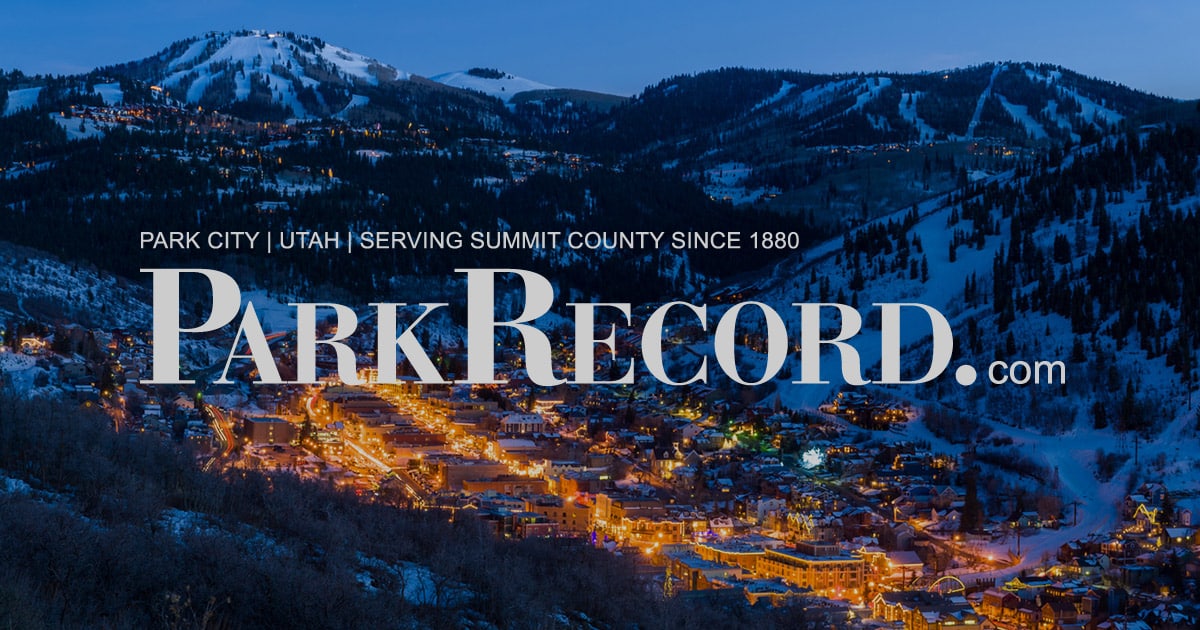Park City leaders on Thursday evening delayed a decision on whether to adopt an election system for municipal contests known as ranked choice voting.
The elected officials indicated they want to wait for the results of a Utah Valley University study about the impacts of ranked choice voting.
Mayor Nann Worel and the Park City Council expect to return to the issue once the results are released, which City Hall anticipates within several months.
One of the topics the elected officials discussed on Thursday centered on the lack of a primary election under ranked choice voting. Park City holds primary elections if there are more than two candidates for the mayor’s office and more than four or six candidates for the City Council, depending on the number of City Council seats on a ballot.
Primary elections extend the campaign timeline and typically require candidate fundraising and spending during the primary season and then again before Election Day in November.
City Councilor Tana Toly was one of the elected officials who mentioned the costs of Park City elections. She also said the City Council could accomplish more during an election year if there was not a primary election as she described her support of ranked choice voting.
Another member of the City Council, Ed Parigian, worried about adopting ranked choice voting with the possibility the method is not allowed in the state on a long-term basis.
Ranked choice voting involves voters ranking the candidates in the order of their preference. If a candidate receives greater than 50% of the first-place votes, they win the seat. Should none of the candidates receive greater than 50%, the person who finished last in first-place votes is dropped and the second-place votes on that candidate’s ballots are redistributed to the remaining contenders, effectively as first-place votes. The process continues until a candidate tops 50%. Another round is conducted to determine a second-place winner in an election with more than one seat on the ballot.
Ranked choice voting eliminates the need to hold primary elections.
The method is allowed in Utah municipalities under a pilot program.
One of the candidates in the Summit County Council election this year, Democrat Megan McKenna, provided input to the mayor and City Council in support of ranked choice voting. She described the method as more democratic and resulting in a representative voice.
Park City could opt for ranked choice voting in the 2025 municipal election, when the mayor’s office and two City Council seats are on the ballot. A decision is not required for months, meaning the elected officials have time to research the voting method.
The municipal government earlier collected a wide range of opinions about ranked choice voting from Parkites and people who live elsewhere. The anonymous comments included statements favoring the voting method and opposing ranked choice voting. Arguments in favor included the potential of moderate candidates emerging as winners while those in opposition mentioned, as an example, the introduction of complexities into voting.

